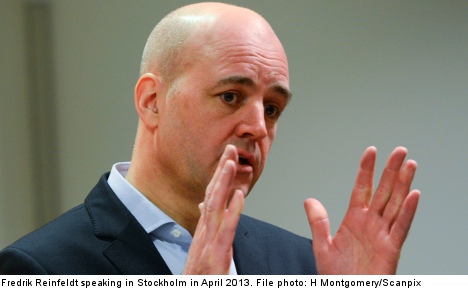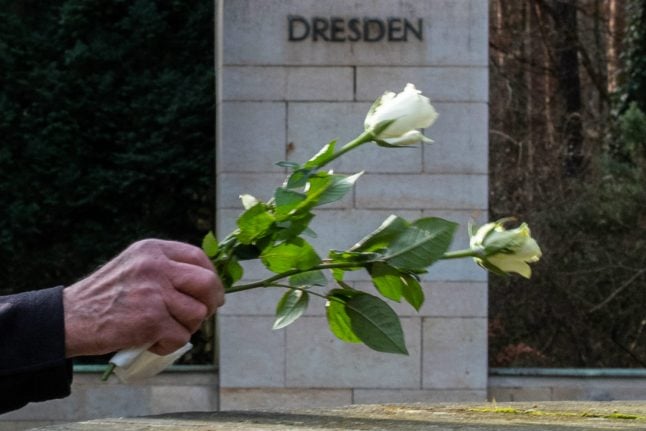“One should be aware that increasingly stringent controls come at the expense of people’s freedom,” Reinfeldt said during a visit to a company in Gävle in eastern Sweden, according to the Aftonbladet newspaper.
“This is perhaps the highest price we pay for the open society that gives us freedom and mobility that I think people take for granted and feel is too valuable to forego.”
Reinfeldt called Monday’s blasts in Boston, which left at least three dead and injured more than 170 people, “totally reckless”, adding however that it’s often impossible to track people committed to expressing their “hate of society” through violent acts.
The prime minister made reference to Stockholm suicide bomber Taimour Abdulwahab, who blew himself up on a busy street in the middle of the holiday shopping rush in December 2010, as an example of how difficult it can be to understand an attacker’s motives ahead of time.
“When we learned who he was and what the background was, that showed how complicated it is to find these people,” said Reinfeldt.
“One experience is that it often involves specific individuals who develop their ideas and hate of society largely in isolation. We can’t control that completely but we can learn from it. That’s why it’s so important that those in the United States find who did this and from that we can built up an analysis in order to increase our resilience.”
On Wednesday, it also emerged that the bombs used in the Boston attack appeared to be made from pressure cookers packed with bits of metal, a bomb design reminiscent of the one used by Abdulwahab in 2010.
There is nothing to indicate any connection between the Stockholm and Boston attacks, but according to Swedish terrorism expert Lars Nicander, the pressure cooker bombs may have been used in both incidents because they are the “simplest way to make a bomb”.
While expressing his horror over the Boston bombing, Reinfeldt added he was sceptical about the whether simply implementing more stringent security measures would help prevent future attacks.
“I don’t think we should imagine that we have complete protection, because that is in some ways connected to our choice to live in an open society,” he said.
“The alternative would be keeping an eye on citizens in every situation. I don’t think anyone wants that.”
The Local/dl





 Please whitelist us to continue reading.
Please whitelist us to continue reading.
Member comments